Speeches Shim

Boko Haram insurgency reached its peak in Nigeria’s Adamawa state in 2015. Two local government areas were under control of the extremist group while the insurgents continued to terrorize parts of the northeastern state, displacing thousands.
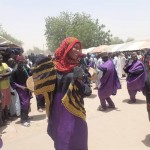
Momodu Fanndi Bukar had been attending the sada’a in his northeast Nigeria community of Nganzai for as long as he can remember—more than 50 years. A sada’a is a village-wide, town hall-type meeting where friends, family and neighbors gather for Islamic prayer and discourse on the issues of the day.
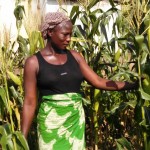
Before the harvest, Mary Utsewa touched an ear of maize so large she could hardly get her hand around it. She looked at the stalks reaching above her head and considered her good fortune. Driven from her fields for three growing seasons by Boko Haram, Utsewa is a farmer again
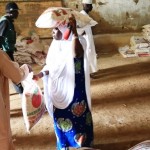
Three years later, Gombi and communities like it in northern Adamawa state remain devastated. All that’s left of Aisha’s house is a charred heap of collapsed concrete and corrugated tin. Any food is long gone. Farm fields are strewn with debris, and farmers have been left without supplies and equipment.
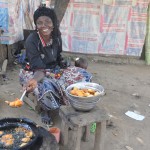
It’s bad enough to be an internally displaced person fleeing for your life in Nigeria. But to be a female on the run with seven children between the ages of 1 month and 13 years is unimaginable.


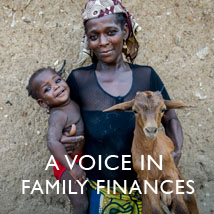
Comment
Make a general inquiry or suggest an improvement.